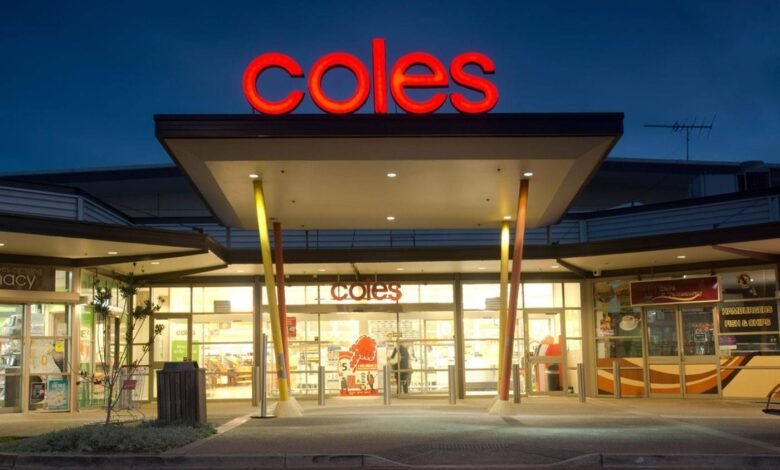Coles Uses AI to Predict Viral Recipes & Stock Shelves

▼ Summary
– Coles Group is using AI to better predict and respond to viral product demand trends, such as a recent cottage cheese shortage caused by a TikTok recipe.
– The company is shifting from isolated AI applications to prioritizing cross-functional use cases over the next 12 months to improve its value chain.
– Coles aims to integrate social media listening into demand forecasting and supply chain management to enhance customer experience and avoid stockouts.
– The retailer is taking a strategic approach to AI, focusing on use cases that provide a competitive advantage and expanding its data and intelligence team to about 300 staff.
– Coles is emphasizing hiring software engineers with model deployment experience over data scientists, believing they are more adaptable and can solve most problems effectively.
Coles Group is embracing artificial intelligence to anticipate and respond to viral food trends, aiming to prevent shortages like the recent cottage cheese rush that left shelves empty across Australia. The supermarket giant is shifting from isolated AI applications to integrated, cross-functional strategies that enhance demand forecasting, supply chain responsiveness, and in-store promotions.
Trending recipes on platforms like TikTok recently triggered a nationwide shortage of cottage cheese, catching both retailers and suppliers off guard. Caroline O’Brien, General Manager of Data and Intelligence at Coles, highlighted the challenge of turning social media buzz into actionable business intelligence. Speaking at a recent industry event, she emphasized the importance of leveraging social listening tools to inform supply chain decisions and improve customer satisfaction.
O’Brien explained that the goal is not just to react quickly but to align every segment of the value chain, from sourcing to shelf, to capture emerging opportunities. Failure to meet sudden demand not only means lost sales but also damages the shopping experience. When customers can’t find products they expect, trust erodes.
Since stepping into her role six months ago, O’Brien has advocated for a deliberate and strategic approach to AI adoption. Coles is focusing on use cases that deliver a clear competitive edge, moving beyond experimentation to practical implementation. The company has significantly expanded its data and intelligence unit, which now includes around 300 professionals. This team collaborates with technology partners such as Microsoft, Snowflake, Databricks, Palantir, and SAP.
A notable shift within the team involves a greater emphasis on software engineering skills. O’Brien noted that the profile of AI talent has evolved over the past decade. Where data science once dominated, there is now a stronger need for engineers experienced in deploying and scaling models. This change allows for more agile problem-solving and the ability to address the majority of operational challenges efficiently.
By prioritizing these capabilities, Coles aims to build a supply chain that’s not only reactive but predictive, ready for whatever trend comes next.
(Source: ITNews)



